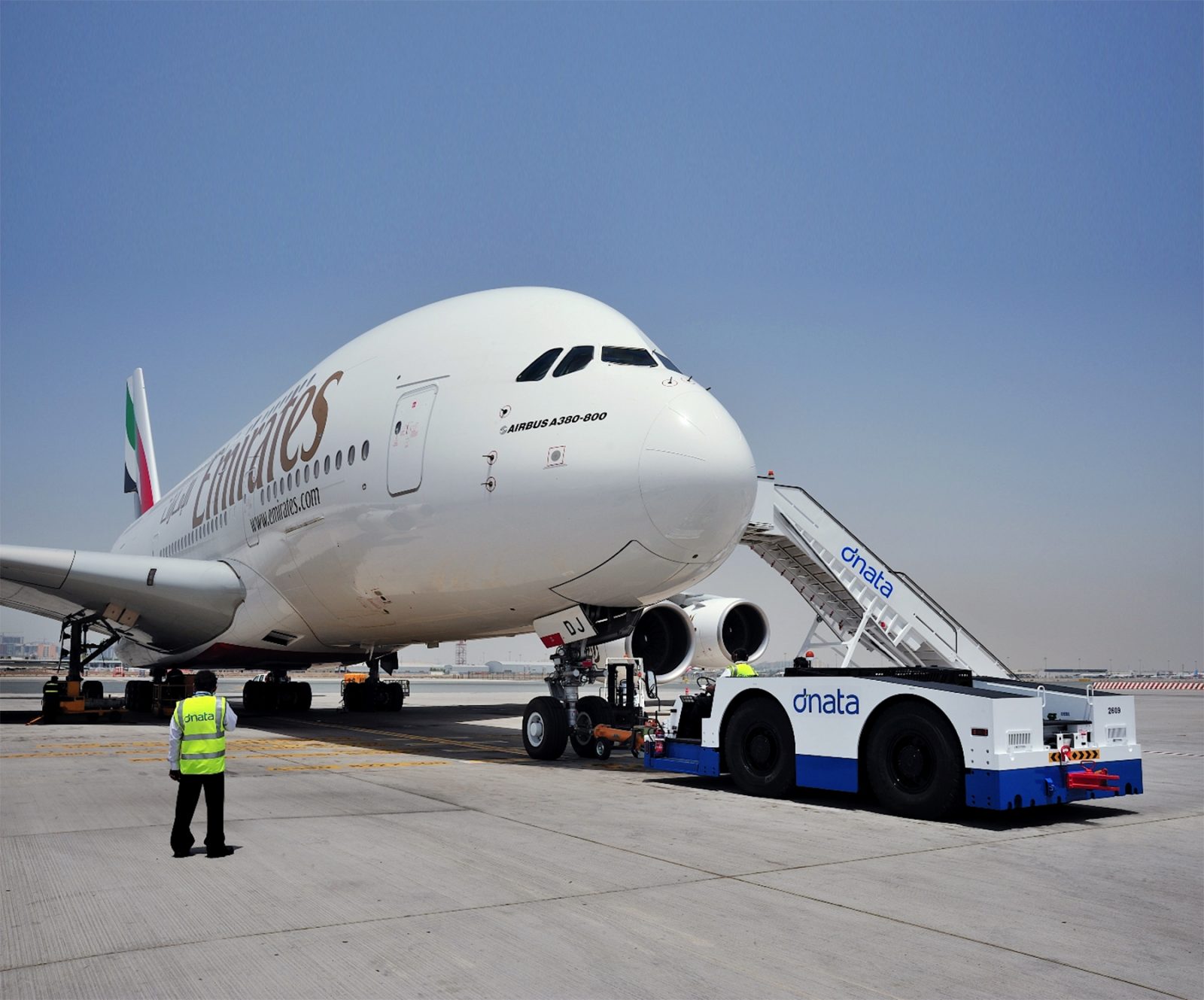
The Dubai government has responded to claims made by sources from within Emirates Airline that the carrier intends to cut its workforce by nearly a third and has drawn up plans to permanently decommission 46 Airbus A380 superjumbos in response to the Corona-crisis. An Emirates spokesperson was quoted as saying by the official Dubai Media Office that “no announcement has been made regarding mass redundancies”.
Previously trusted sources who are said to be familiar with the matter claimed department leaders have already been briefed on the plans by Emirates chief operating officer Adel Al Redha and that a formal announcement is set to be made within one to two weeks. If the alleged plan is greenlighted, up to 30 per cent of pilots, cabin crew and other staff could be made redundant.

The airline is also said to have made plans for the permanent retirement of 46 of its Airbus A380 aircraft. Less than two weeks ago, Emirates’ president Sir Tim Clark forewarned that the “A380 is over” during an interview with a local newspaper. Sir Tim envisioned Emirates being 20 – 30 per cent smaller after emerging from the COVID-19 pandemic and looked to the Airbus A350 and Boeing 787 Dreamliner as the future of the fleet.
The novel Coronavirus pandemic has had a decimating impact on the global economy and in particular the aviation industry. Last week, Emirates’ chairman and chief executive, Sheikh Ahmed bin Saeed Al Maktoum said the airline was taking “aggressive cost management measures” in response to the crisis and estimated it would take at least 18-months for the industry to return to a “semblance of normality”.
In response to the allegations, an Emirates spokesperson said: “No announcement has been made regarding mass redundancies at the airline. Any such decision will be communicated in an appropriate fashion.”
“Like any responsible business would do, our executive team has directed all departments to conduct a thorough review of costs and resourcing against business projections, even as we prepare for gradual service resumption,” the statement continued.
“As our Chairman has said, conserving cash, safeguarding our business, and preserving as much of as our skilled workforce as possible, remain our top priorities through this period.”
Emirates has not yet briefed the majority of its workforce on its plans going forward and the airline has not made any public statements about needing to reduce its headcount. Tony Douglas, chief executive of the Etihad Airways Group in Abu Dhabi has already admitted that the loss-making airline has made “quite sizeable redundancies,” in its response to the crisis.
Meanwhile, regional rival Qatar Airways has revealed plans to slash its workforce by a fifth with the loss of around 9,000 jobs. Similar announcements have been made by European airlines including the likes of Germany’s Lufthansa where 10,000 jobs are at stake and British Airways which is pushing ahead with plans to lay-off 12,000 staff in less than four weeks.
Last week, Delta Air Lines made the shock announcement that it would permanently retire its entire fleet of 18 Boeing 777 aircraft by the end of the year as part of its preparations for reduced travel demand stemming from the Corona crisis. Competitor United Airlines has frequently spoken of the need to significantly reduce its headcount once the terms of a federal bailout finish on October 1.
Emirates intends to resume regularly scheduled passenger flights to nine international destinations on May 21 but the chief executive of Dubai International Airport (DXB) predicted several days ago that air travel could not resume to normal until a vaccine for the virus was found.
Related
Mateusz Maszczynski honed his skills as an international flight attendant at the most prominent airline in the Middle East and has been flying ever since... most recently for a well known European airline. Matt is passionate about the aviation industry and has become an expert in passenger experience and human-centric stories. Always keeping an ear close to the ground, Matt's industry insights, analysis and news coverage is frequently relied upon by some of the biggest names in journalism.







